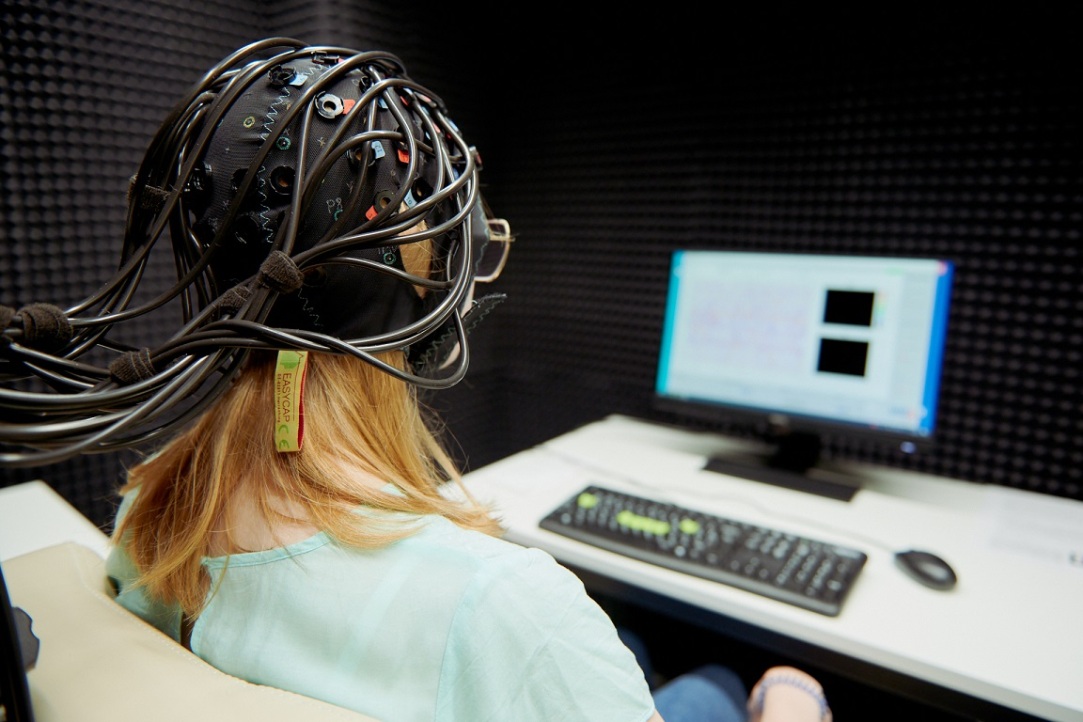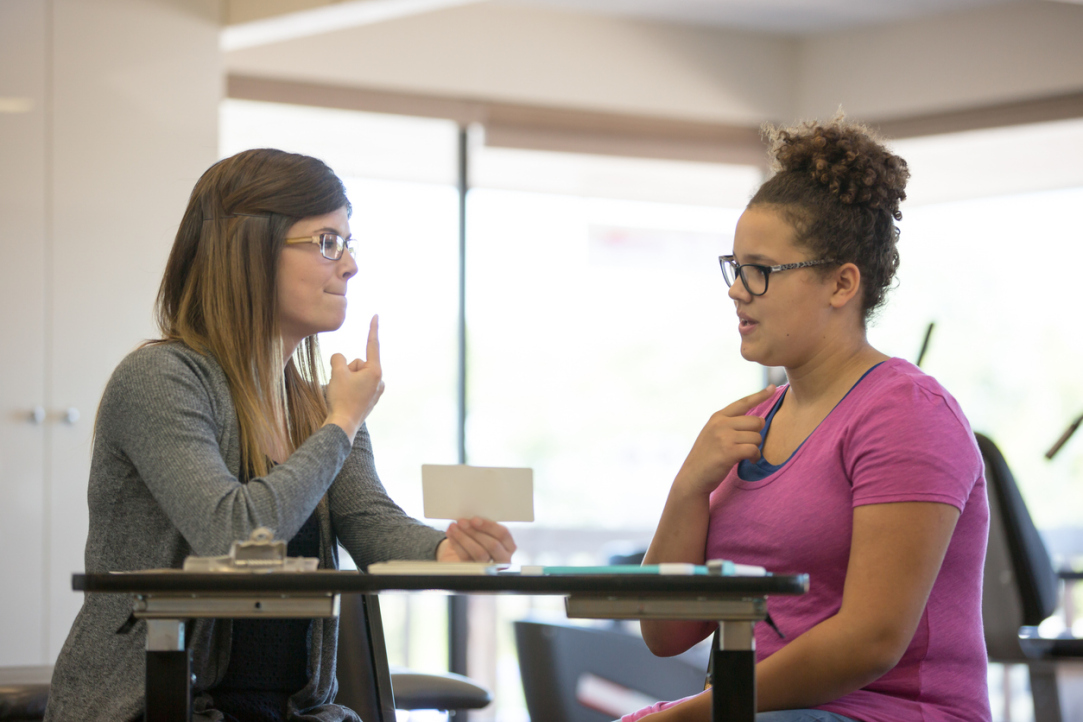Researchers at HSE University analysed over 4,000 examples of Russian spoken by bilinguals for whom Russian is a second language, collected from seven regions of Russia. They found that most non-standard numeral constructions are influenced not only by the speakers’ native languages but also by how frequently these expressions occur in everyday speech. For example, common phrases like 'two hours' or 'five kilometres’ almost always match the standard literary form, while less familiar expressions—especially those involving the numerals two to four or collective forms like
dvoe and
troe (used for referring to people)—often differ from the norm. The study has been published in
Journal of Bilingualism.




















